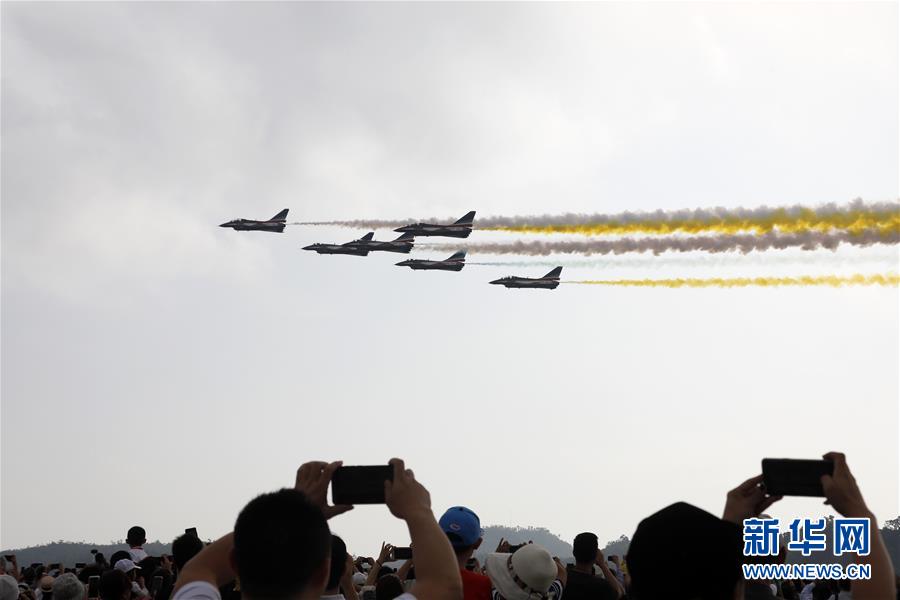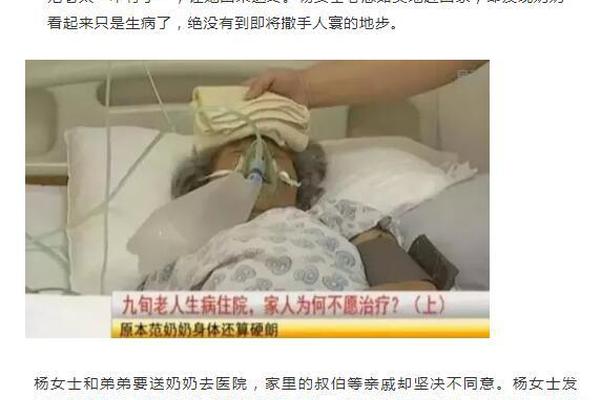【leaked jamaican sex video】OBITUARY: Award


Rafu Wire Service and Staff Reports
World-renowned composer, producer, artist, and environmental activist Ryuichi Sakamoto has died at the age of 71, his office announced on Sunday.
A funeral for Sakamoto, who died on March 28, was already held with only close relatives in attendance, the office said. The exact cause of death was not immediately known but he revealed in 2022 that he had been battling Stage IV cancer.
A native of Tokyo and the son of Kazuki Sakamoto, a renowned editor at the publishing house Kawade Shobo Shinsha, Sakamoto began studying music writing at the age of 10 and was fascinated by the Beatles and Debussy. As a high school student in the late 1960s, he participated in student demonstrations.
Making his debut in 1978 with the album “Thousand Knives,” Sakamoto’s diverse résumé includes pioneering electronic works with the legendary techno group Yellow Magic Orchestra, which he formed with Yukhiro Takahashi, who died last January, and Haruomi Hosono.

Known for their trademark Mao-style outfits, their hits included “Behind the Mask” (which was later covered by Eric Clapton and Michael Jackson), “Rydeen,” “Technopolis,” “Solid State Survivor,” a cover of the Beatles’ “Day Tripper,” and “Kimi ni Mune Kyun” (My Heart Beats for You). The band performed in the U.S. and appeared on “Soul Train.”
Sakamoto produced globally inspired pop albums and numerous classical compositions, two operas, and nearly 40 original film scores for directors, including Bernardo Bertolucci, Pedro Almodóvar, Brian De Palma, and more recently Alejandro González I?árritu, for whom he composed the music of “The Revenant” (2015).
His film soundtracks won prestigious honors, including an Academy Award in 1988 (with David Byrne and Cong Su for Bertolucci’s “The Last Emperor”), two Golden Globes (for Bertolucci’s “The Sheltering Sky” in 1991 and “The Last Emperor”), and a BAFTA Film Award in 1984 (for Nagisa Oshima’s “Merry Christmas, Mr. Lawrence”). He also received a Golden Globe nomination for “The Revenant” and BAFTA nominations for “The Last Emperor” and “The Revenant.”
One of Sakamoto’s last movie scores was for Andrew Levitas’ “Minamata,” which starred Johnny Depp as W. Eugene Smith, an American photographer who documented the effects of mercury poisoning on the citizens of Minamata, Kumamoto Prefecture.
As an actor, Sakamoto starred as a camp commandant, Yonoi, opposite rock star David Bowie as a POW in “Merry Christmas, Mr. Lawrence” and had a supporting role as Amakasu, an Imperial Japanese Army officer, in “The Last Emperor.”
Sakamoto’s activism spread wide to include various environmental conservation efforts and promoting denuclearization and world peace. He led More Trees, a Tokyo-based forest conservation group established in 2007. After the March 2011 earthquake, tsunami and nuclear disaster in Japan’s Tohoku region, he became a strong voice of support for the victims.

He became music director of the Tohoku Youth Orchestra, formed by children affected by the disaster, and took part last year in the orchestra’s concert in Tokyo, which featured a new symphony he composed, “Ima Jikan ga Katamuite” (Now the Time Is Tilting). He noted that the symphony had some similarities to Ukraine’s national anthem and told the audience, “It is up to each one of you to decide whether the sound of the bells (at the end of the symphony) sounds like a requiem or hope.”
Sakamoto did not shy away from controversy. After 9/11, he stated that the situation surrounding the terror attacks was “created by the hegemonic nation of the United States.”
His health issues first became known in 2014, when he went public with his throat cancer diagnosis. He revealed his rectal cancer diagnosis in 2021. The cancer spread to his lungs, requiring him to undergo surgeries in October and December 2021. Sakamoto discussed in detail how he had been coping with cancer in an article published by the literary magazine Shinchoin June 2022.
Sakamoto, who had a master’s degree from the Graduate School of the Tokyo University of the Arts, made considerable contributions to the art world with both solo and collaborative installations and multi-piece exhibitions presented in galleries and museums worldwide.

Most recently, MWOODS (Beijing) presented the largest and most comprehensive collection spanning 30 years devoted to Sakamoto’s artworks in various media, centering around eight large-scale sound installations.
In 2017, the documentary “Ryuichi Sakamoto: CODA” by Stephen Nomura Schible was released, coinciding with the release of his renowned 14thsolo album, “async.”
Sakamoto, who began spending most of his time in New York in the early 1990s, presented unique performances at the Park Avenue Armory, later released worldwide as the film “Ryuichi Sakamoto: async Live at the Park Avenue Armory.”
In 2021, with longtime collaborator Shiro Takatani, Sakamoto presented a new theater piece, “TIME,” which premiered at the Holland Festival.
In January, Sakamoto released his 15thsolo album, “12,” which featured 12 songs selected from a collection of musical sketches he recorded like a sound diary between 2021 and 2022 during his ongoing battle with cancer. Each track is titled and sequenced by the date on which it was written, culminating in a collection of music that provides an intimate snapshot into this period of his life. Alongside the release was a special visual companion featuring the album’s closing track, “20220304,” and footage of the composer in Tokyo.
Of the album, Sakamoto said, “In early March 2021, I finally ‘came home’ to my new temporary housing after a big operation and a long stay in the hospital. Around the end of March, just as my body was feeling a little lighter, I found myself reaching for the synthesizer. I had no intention of composing something; I just wanted to be showered in sound. I had a feeling that it’d have a small healing effect on my damaged body and soul.

“Up until then, I barely had the energy to listen to music, let alone play anything. But after that day, I began to occasionally touch the keys of the synthesizer and piano, and I began to record little sketches of sounds as if to write a diary. I tried choosing 12 of my favorite sketches for this album.
“There are no adornments — I’m intentionally putting them out as is. From now on, until my body gives out, I’ll probably continue to keep this kind of ‘diary.’”
In advance of the album’s release, Sakamoto debuted a special solo piano concert that was streamed online to an audience of over 60,000 viewers across the globe. His first live performance in two years, the concert was recorded over the course of a week at Tokyo’s legendary 509 Studio and featured an hour of the composer playing new arrangements both spanning his repertoire and from his new album.
Singer-songwriter Akiko Yano is his former wife, and musician Miu Sakamoto is his daughter.








Comments
Leave a Comment